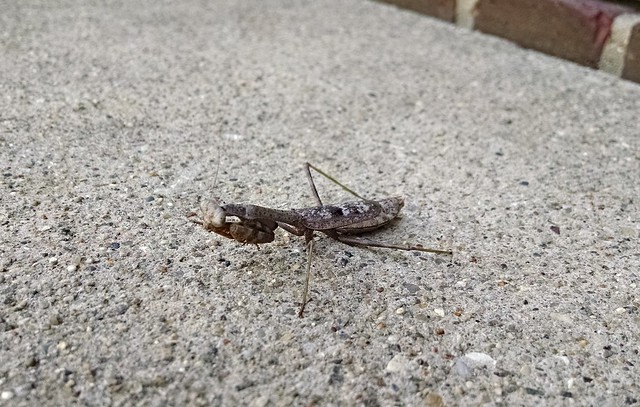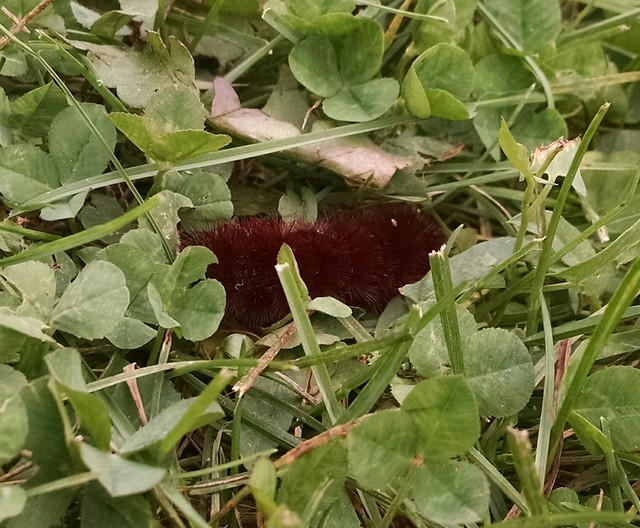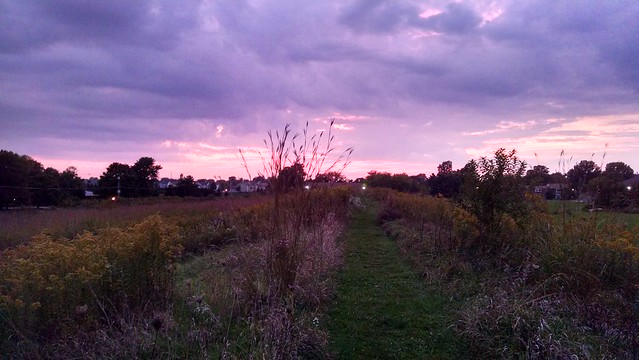I’ve been very disappointed by many friends’ cavalier attitude toward both our government’s invasions of our privacy and its use of the most extreme forces of legal process against those who would tell us the truth about what the government has been doing.
One specific disappointment has been the various versions of “I don’t care if the government listens to my calls. I’ve got nothing to hide.” (Usually with some lame joke about how tedious it would be to listen to their conversations.) It’s as if they know nothing about what led to the American revolution. Didn’t these people go to high school? Don’t they know that each of the privacy-related rights spelled out in the constitution was there for good and specific reasons—because of actual abuses suffered by ordinary people?
The most disturbing of the recent revelations is not how much data that they’re sweeping up (pretty much everything) nor the incredibly lax standards they seem to have about exposing the data (my data and their own!) to a surprisingly large number of people. It’s that they’re sweeping up everything and then keeping it for years.
There are several problems here, but I want to focus on two of them.
It’s not okay just because it’s still secret
At one level, I understand people who trust the government enough to think that it’s okay (or at least less bad) to have the government sweeping up all their private information—as opposed to, let’s say, Google or Facebook or Microsoft (or Monsanto or ADM) doing it. I can accept the ideal of government as a force for good. We’re still reasonably close to having a functional democracy—a few tweaks to campaign finance law and we might very well get back a government that was responsive to the desires of its citizens.
But even if you trust the government not to use your information inappropriately, I think recent events prove that you can’t trust them to keep it secret. We’ve just seen a large leak of exactly the information that the government has been trying it’s very hardest to keep secret. But we only know about it because a brave leaker went public and because a free press published what they’d learned. How many leaks were not to the public, but instead to a foreign government or a criminal organization? We don’t know, because those leaks go unreported. We can’t know. Even the government doesn’t know, and if it did know it wouldn’t tell us.
If the government can’t keep the details of its own most secret programs from becoming public, why would you imagine that it could keep your details secret? For all you know, your information has already been leaked to criminal organizations, to foreign governments, to domestic corporations, to lobbying organizations and other influence peddlers—to anybody who could get an advantage by knowing secrets.
Maybe massive amounts of your information collected by the NSA have already leaked. The next time there’s an unauthorized charge on your credit card, maybe it’s because the NSA leaked your credit card number.
And of course that would just be true information about you. Maybe there’s a bunch of false information about you in the giant NSA databases. The next time you get turned down for a credit card or insurance or a job, maybe it’s because false information about you leaked to people who used it to make a decision about it.
And here is where we get back to why the idea that “I’ve got nothing to hide” is such a terrible idea.
It’s not okay just because you have nothing to hide
One friend made a short list of every “crime” he could remember having committed—a couple of youthful indiscretions, a couple of protests, a couple of harmless acts that were circumstantially appropriate but perhaps violations of some code or another. He was willing to own up to those—”If you want to prosecute me, go ahead!”
But, of course, that’s not how it works. The federal government doesn’t care about such things—or, at least, it doesn’t care until you become a “person of interest” in some other matter.
I don’t know whether my friend has committed any other federal crimes or not. But I do know that he has crossed international borders several times in the last few years. Did he fill out the requisite paperwork correctly each time? Did he carry anything across the border that he shouldn’t have, such as an agricultural product? Did he declare in the section on agricultural contacts that one of his running paths was also frequented by feral pigs? Is he sure that none of his financial dealings falls under the ambit of any federal laws?
In the real world, the federal government goes out and checks these sorts of things if they suspect you of something. Worse, they go and check these things if they suspect one of your friends of something (because it gives them leverage to get you to incriminate your friend). But now they’re going to have another whole bunch of things to check—all your phone calls and emails for the past 5 years.
And don’t forget that it’s trivially easy to convict you of conspiracy. All it takes is a single “overt act,” such as lending a friend bus fare or taking in his mail when he’d on vacation. (Well, technically it also takes an agreement and criminal intent, but apparently it’s okay if the only person in the conspiracy with those is the FBI informant.)
Don’t imagine that you’ve “done nothing wrong” just because you’re not aware of it. Unless you’re a federal prosecutor or defense attorney, you have no idea the vast array of actions that turn out to be federal crimes. One of our biggest protections has been that it’s a lot of effort to investigate and look for those crimes. If all your phone calls and emails are recorded it’s going to be a lot less effort.
As I say, I don’t dismiss out of hand the idea that the government is overall a force for good. I think our government (at all levels) has been pretty effective these last 150 years or so in reducing all sorts of bad things—there’s less poverty, there’s less casual violence, there’s less abuse of vulnerable people. But I don’t think giving the government audio recordings of all our phone calls, the texts of all our emails, or lists of every web page we visit will be much help in those things. And I think it will do real harm in those (fairly rare, but not rare enough) instances when people acting under color of law decide that somebody must be guilty of something, and make use of these new tools to prove it.





